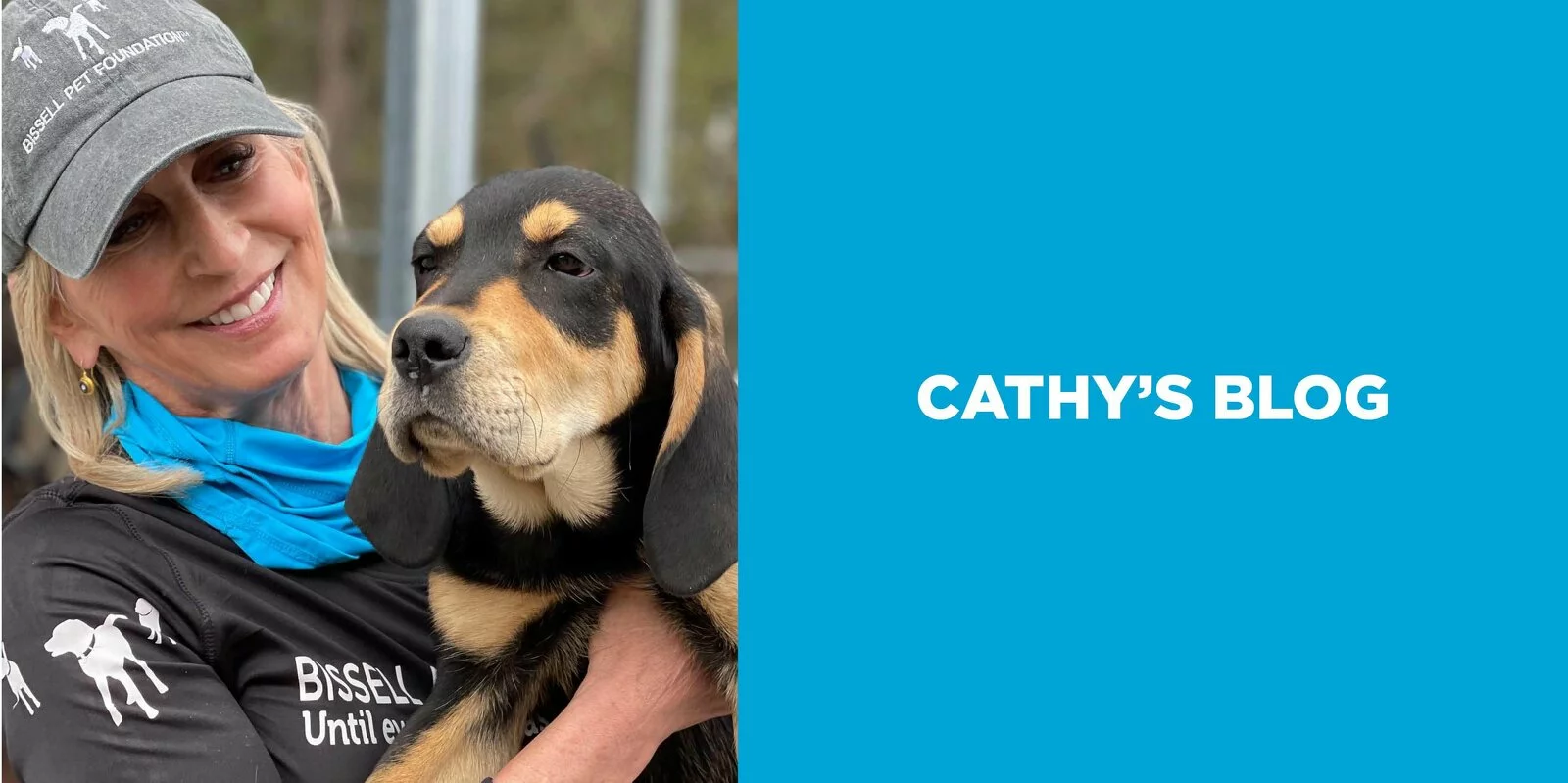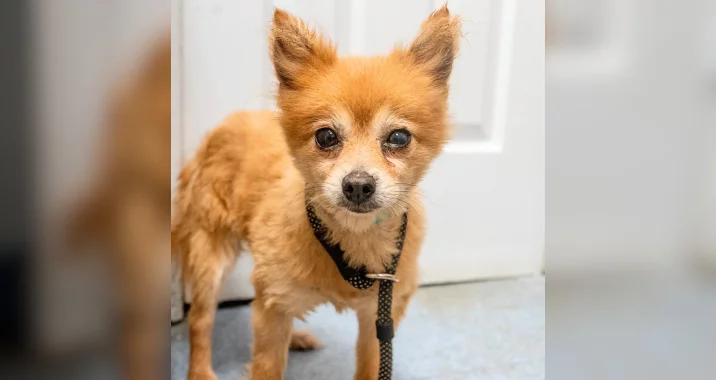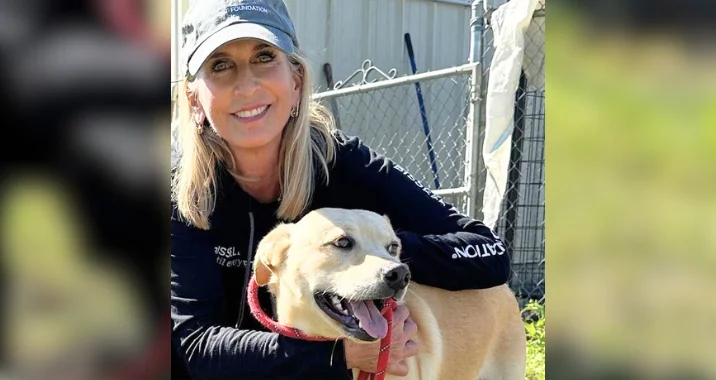The Challenge
I have a challenge for shelters, rescues, and animal welfare workers across the country. I would like you to provide kind, compassionate mentorship to shelters in need. That’s right, a nonjudgmental approach providing support and resources to shelters to save lives. While we have made vast improvements in the nation in rehoming pets and preventing unwanted litters of puppies and kittens, there are still shelters that are struggling. Some are taking in too many animals and lack the resources to address the issue within the community, so the animals just keep coming in the door. Others are fighting hard not to euthanize for space, but don’t have the resources to create sustainable programs to save lives. They beg for other shelters and rescues to take their pets to increase their chances for adoption. The compassion fatigue is immense in both cases. These shelters are our focus at BISSELL Pet Foundation.
The Kentucky Humane Society has taken on a leadership role of support and encouragement for shelters in need. Vice President of Animal Welfare, Karen Koenig, and Kentucky Initiatives Director, Kat Rooks, travel across the state to meet rural shelters where they are, offering transport of pets, medical supplies, training, and mentorship. They work closely with peer shelters and rescues to ensure that all are engaged to save the lives of Kentucky’s homeless pets. The Kentucky outreach program is not only working, it’s drawing attention from other states lining up to meet the staff and emulate the concept.
The Humane Society of Charlotte, Vice President of Operations, Libby Jones, is sending teams out to rural North Carolina shelters to address disease management, community engagement and any other issues facing the shelters within her reach. President and CEO, Shelly Moore, is working with the Board of Directors to reach out to rural shelters and incorporate support for them into the strategic plan. I can remember a time when a southern shelter would not have nearly the capacity to add additional public shelters into their planning. Today this concept is becoming the norm.
Greenville Animal Care in South Carolina is talking to shelters across the country about their use of Home to Home software. This program helps the community to place pets in loving homes without entering the shelter system. Shelly Simmons, Director of Greenville Animal Care, has designated staff, supporting those using the software and marketing the pets through the Greenville Animal Care website. These pets are now incorporated into the transport program. Understanding the rehoming process can be a vital tool for small shelters, Shelly and her team are determined to spread the word through virtual meetings and workshops.
These are three successful examples of mentorship, shelters helping shelters, but not every story is successful. The real challenge lies with the shelters that refuse help or thwart change for whatever reason. It would be simple to turn our backs because they “don’t want our help” or “they will just go back to the way they were doing things before.” This is where we must dig in as a community, try a different approach or find another way. When we walk away, the animals lose. We have come so far and jumped so many hurdles to get to this exciting point in animal welfare; now, we must address the most challenged shelters, even in geographically complex areas, that may have rejected support in the past. Now we break through this last barrier for homeless pets and solve the complicated problems together.
My challenge for you today is to reach out to a shelter in need with kindness. Look at an old situation through a different lens or commit to join forces with peer shelters and rescues working within your state to save lives.
If you are a shelter that would like to provide mentorship for a shelter in need, please email BISSELL Pet Foundation Director of Shelter Outreach, Kim Alboum, at Kim.Alboum@BISSELL.com and let’s get you started!
Until every pet has a home,
Cathy Bissell



